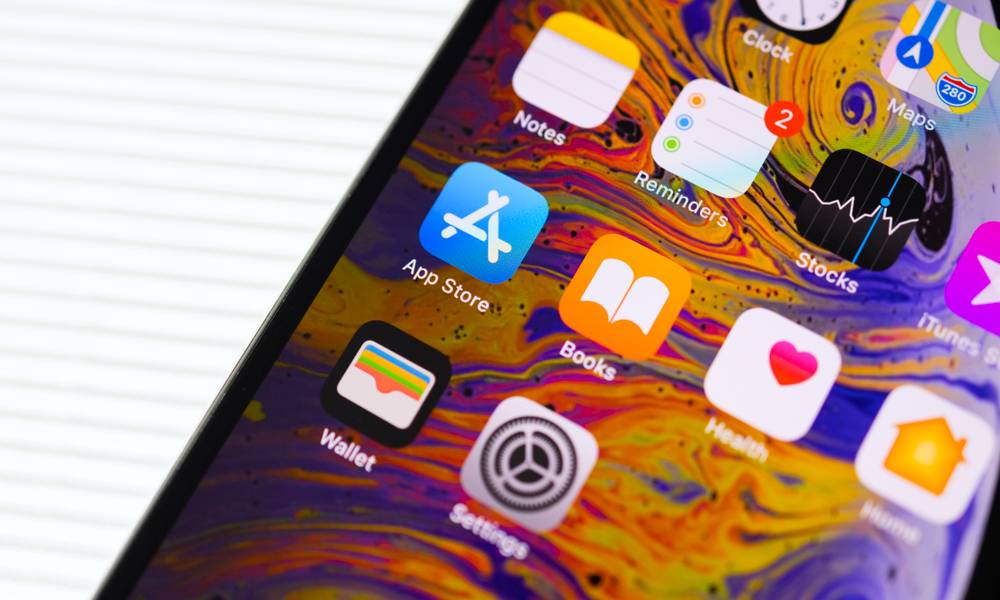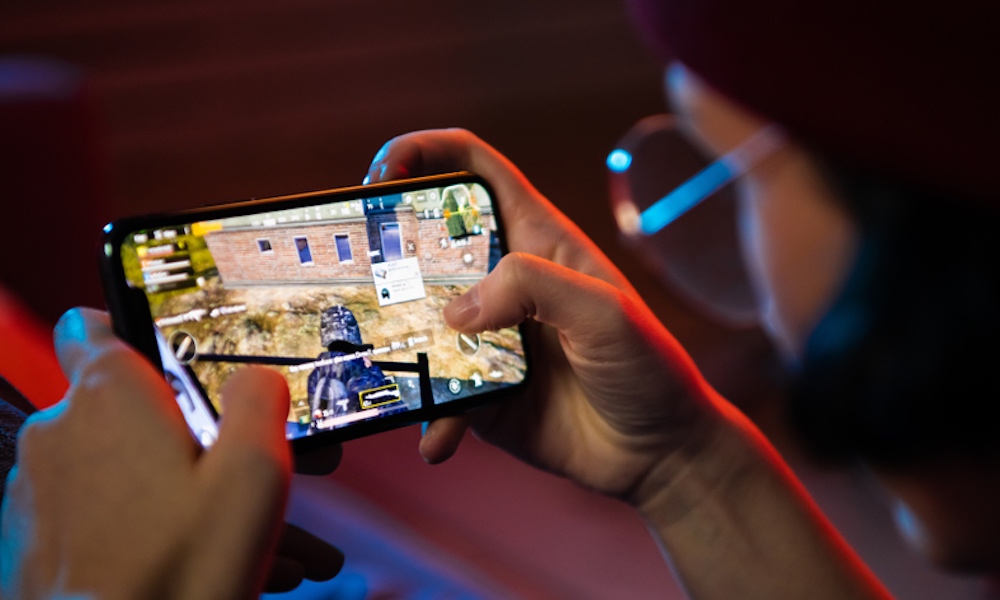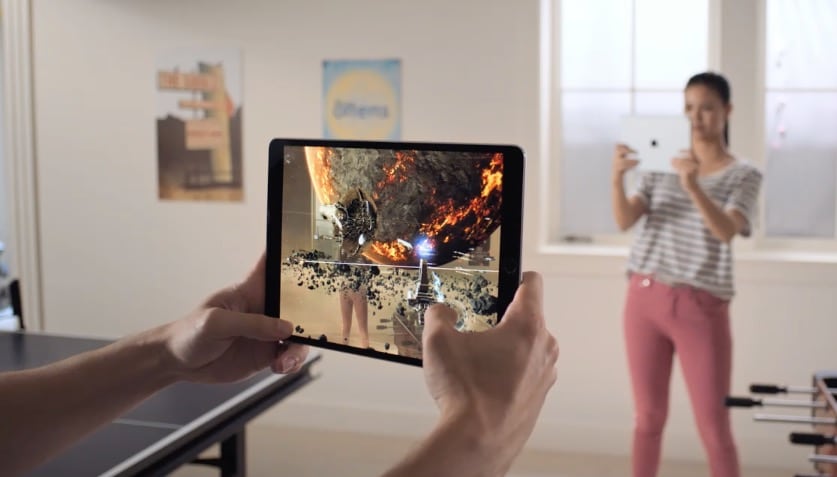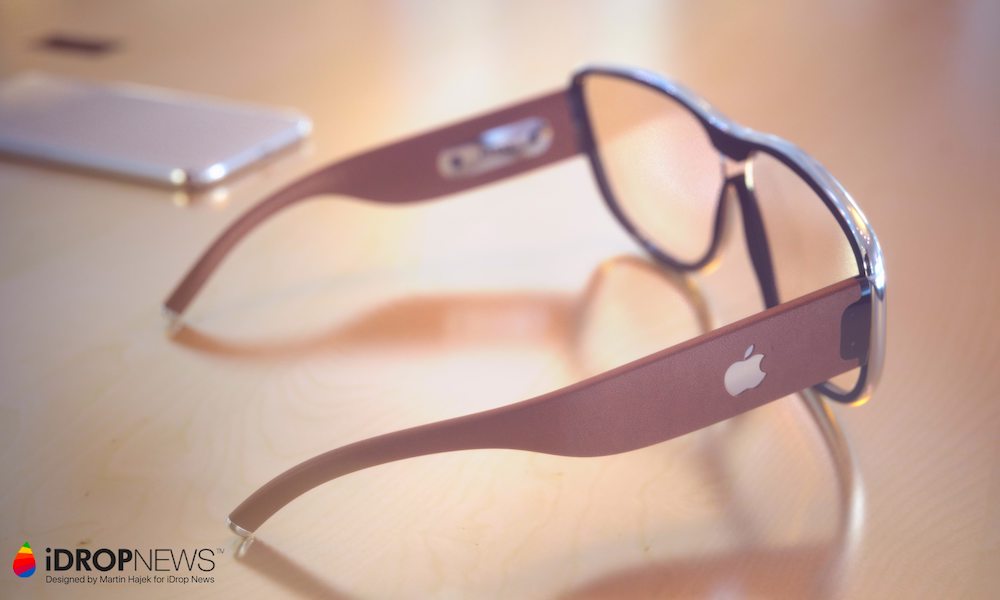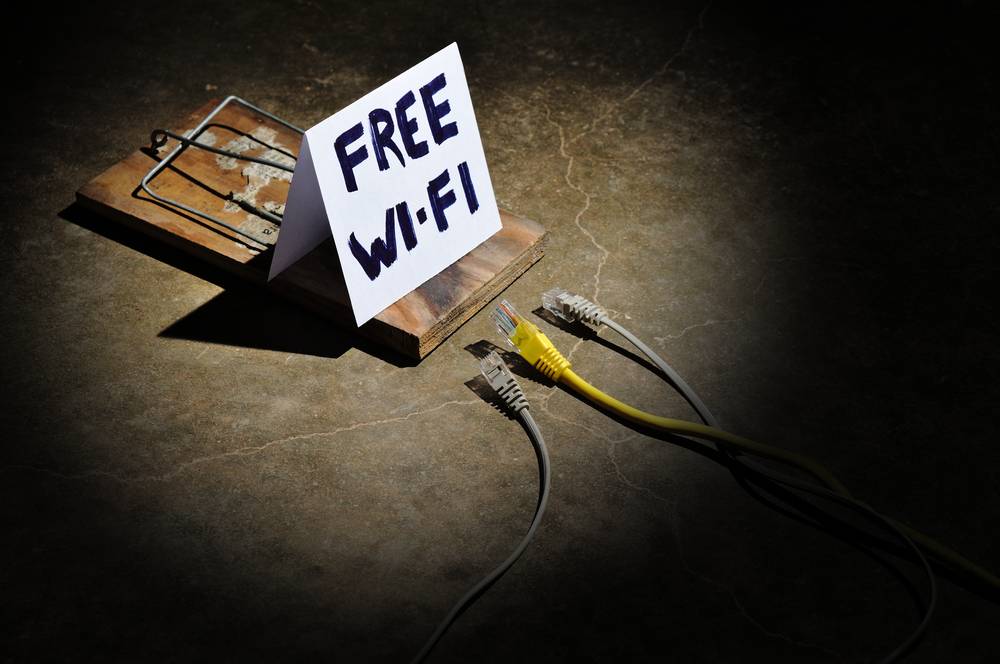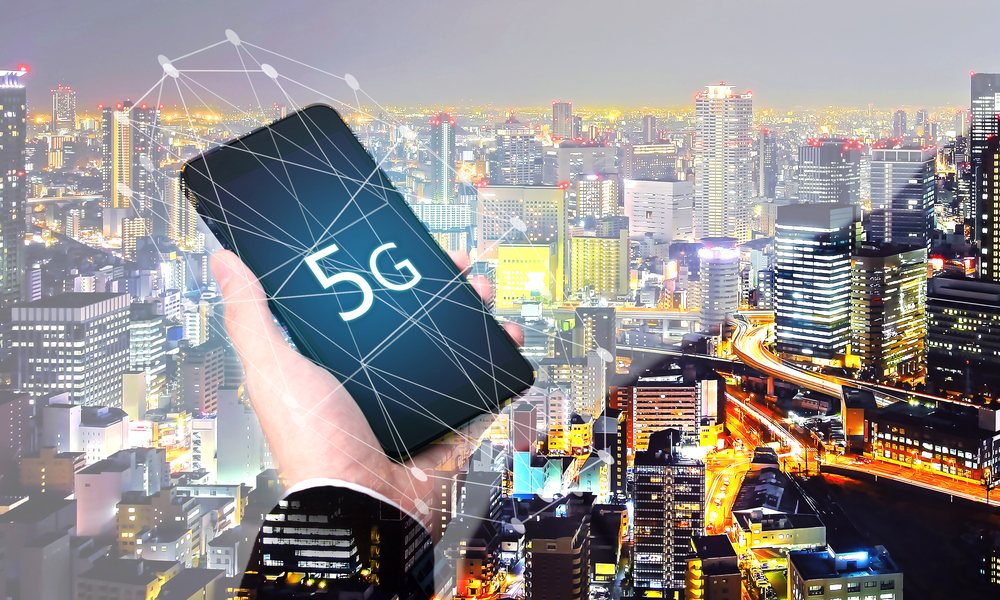Top 7 Reasons Why You’re Going to Love 5G
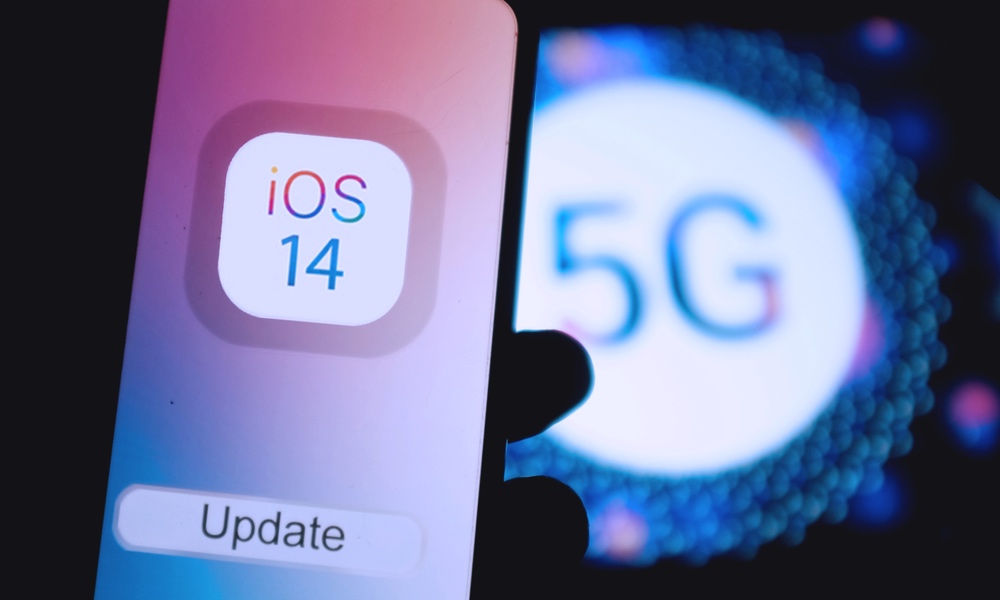 Credit: Daniel Constante / Shutterstock
Credit: Daniel Constante / Shutterstock
There’s no doubt that Apple will be releasing a 5G iPhone this year; even though Apple itself doesn’t announce its plans until it takes the stage to unveil its newest iPhone, there have been more than enough rumours, analyst reports, and inside information to confirm that it’s coming, not to mention that there’s no way Apple is going to miss the boat on this one with all of the carriers getting ready for ultra-fast 5G service.
However, what does 5G actually mean for you? Are the speeds going to matter much, or have we reached a point of diminishing returns? Are there more benefits to enjoy beyond faster downloads? Read on for some of the awesome things you’ll be able to do with 5G.
Download Apps and Movies in Seconds
The most obvious benefit of 5G technology is that it’s fast, and not just faster than LTE, but mind-bogglingly fast. At its peak, you’ll get faster speeds than even the best home broadband connections can offer right now. AT&T’s mmWave 5G network, for example, which is already available in 35 U.S. cities, promises download speeds of 2Gbps.
To put that in perspective, this would let you download a typical HD movie in under 30 seconds, and while Apple doesn’t let you actually download 4K movies, 5G will provide more than enough bandwidth to stream them from services like Apple TV+ and Netflix, the former of which offers the highest bitrate streaming we’ve ever seen, still peaking at only 41Mbps — well short of the 500Mbps+ speeds that even the slowest 5G networks are expected to offer.
Avoid Paying for In-Flight Wi-Fi
In the past, if you wanted to take some movies with you to watch on a long flight, you had to plan ahead and download them over Wi-Fi before leaving home, and unless you have a pretty fast home internet connection, you might have to plan even further ahead to leave your iPhone or iPad loading up your videos overnight.
With the kind of speeds that 5G offers, you could easily download several movies while waiting in line to board the flight, letting you comfortably watch them from your device’s local storage without having to stream them over the sometimes dodgy and slower in-flight Wi-Fi. With Netflix and other streaming services offering offline playback, 5G will offer a convenient way to grab a few episodes of your favourite show to watch later as soon as inspiration strikes.
Immersive Online Gaming
In addition to raw speed, 5G promises significantly lower latency than current LTE networks and even many home broadband connections. While this offers a lot of potential, this could actually revolutionize mobile online gaming.
This would not only allow for much better and more immersive multiplayer FPS gameplay, but could also open up a new frontier in mobile game streaming services. Although Apple Arcade simply has you download games to local storage, services like Microsoft’s Project xCloud and Google’s Stadia rely on live game streaming from cloud-based servers.
Better Augmented Reality Experiences
In fact, the latency on 5G is so low that it’s been described as technology that will “enable the tactile internet.” This means that it could also power some pretty incredible augmented reality and virtual reality experiences. Imagine a scenario where haptic feedback could be sent between devices on opposite sides of the globe in split-second real-time. This could offer a whole new level of AR-style remote control of devices like drones and smart cars.
Standalone Apple Glasses
Improved AR experiences are especially important as Apple makes plans to release its AR Glasses in the next two to three years. While the early versions will likely rely on ultra-high speed short-range Wi-Fi connections to a companion iPhone, the emergence of ubiquitous 5G technology would be the key to letting Apple create a set of truly standalone AR glasses that could eventually replace the iPhone rather than simply augmenting it.
Better Security on the Go
As 5G networks ramp up, they’ll almost certainly provide better performance than public Wi-Fi hotspots. Not only is 5G faster, but it’s much more capable of handling a lot of devices in one place than typical Wi-Fi networks are. Although Wi-Fi 6 will improve this, we’ll probably see more ubiquitous high-speed 5G coverage long before every little coffee shop gets a Wi-Fi 6 router, and even then you’d be constrained by whatever broadband connection that particular business is using. 5G has no such limits.
More importantly, however, public Wi-Fi hotspots are totally insecure, which is why we always recommend using a VPN. On the other hand, using your 5G network keeps your connection between you and your carrier, as opposed to every hacker sitting nearby. Often you can avoid public Wi-Fi with LTE, as the speeds can be comparable, but with 5G there will almost never be a need to connect to a public Wi-Fi hotspot again.
Replace your Home Internet
5G speeds are already poised to beat out your home broadband connection, and the technology is designed to support multiple devices without the congestion problems that plague LTE and even older Wi-Fi standards, so the day will come when home broadband routers are a thing of the past, and everything in your house just connects to the internet directly.
That said, it’s not going to happen right out of the gate — it will still take a couple of years before the prices come down to make it cost-effective for the average user, not to mention the need to address the obvious security issues of having every device in your home connected directly to the internet, rather than behind the natural firewall that your home router generally provides.

